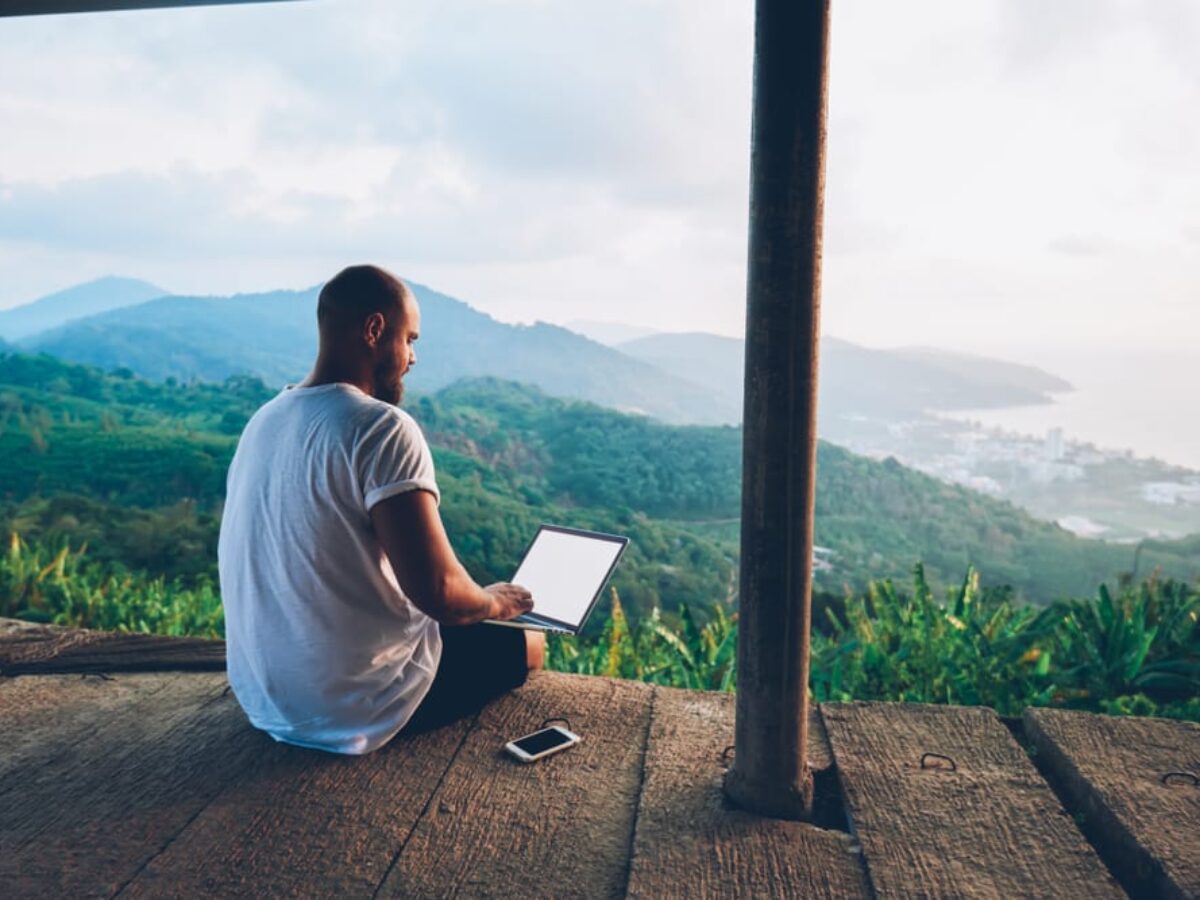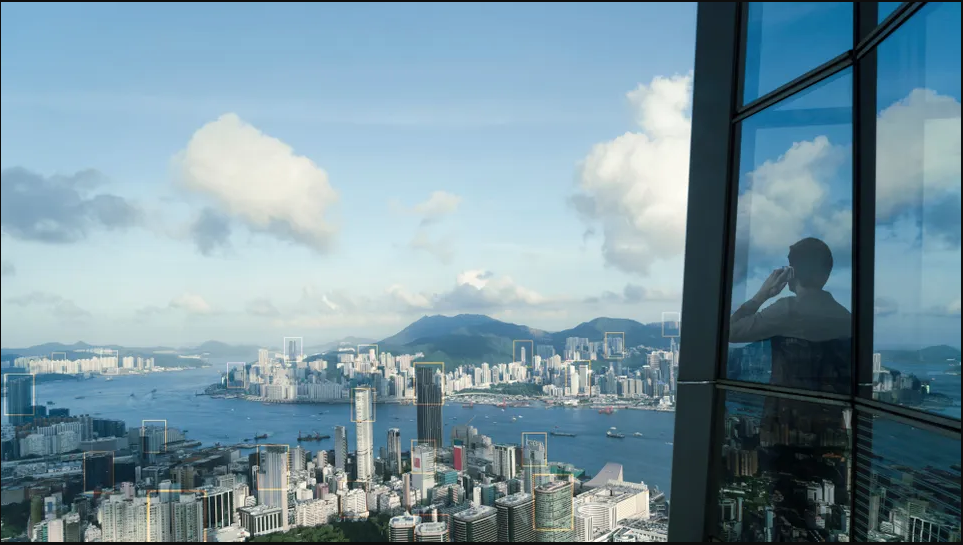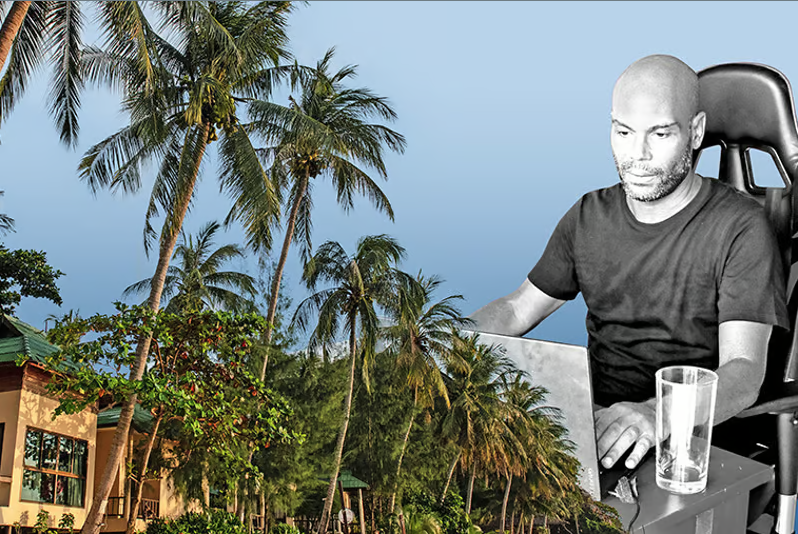In order to work in the Kingdom, a foreigner needs to:
A) be on an appropriate visa,
B) obtain a work permit and
C) pay taxes.
But, what is work? A digital nomad working on his laptop in a co-working space, is that considered work? A businessman sitting in his hotel room preparing for a seminar? When does the Work Permit office consider this to be work? This is a hard question to answer with a straightforward yes or no.
The most important criteria that the Work Permit Office considers when judging if a foreigner works or not, is: does the foreigner use energy, knowledge or effort to produce something? If the answer is yes, then this could mean work. However, the authorities may not pro-actively investigate or pursue every such case.
The Work Permit Office will mostly be concerned with an activity of foreigners when:
Thai security is affected in a wide sense
the activity of the foreigner takes work from local Thai people
Using these criteria, aren’t most Digital Nomads in Thailand effectively working here illegally?
Yes, in a strict sense. However, Thai law does not have specific sections that cater to relatively new developments such as foreign online workers.
This article talks about typical cases of foreigners “working” in Thailand to understand where the delicate grey line runs, which cases are clearly illegal or which would raise the concern of the authorities.
Typical Cases of Digital Nomads and Foreigners Working in Thailand
A digital nomad works on his online shop in a co-working space.
Answer: The digital nomad is allowed to manage his online shop during the duration of his stay in Thailand without a work permit. Even if some of his customers are in Thailand, he is just continuing to do something he was doing before he came to Thailand anyway. However, if his products or market are mainly from Thailand, then YES this is considered to be work and it is a concern.
A website designer offers his services to fellow Digital Nomads in Thailand.
Answer: YES, this clearly works and he should get a work permit for it. This job could have been done by a Thai website designer, the foreigner is competing with Thai workers and so he needs a work permit.
A foreigner sources handicraft products in Thailand and exports them overseas.
Answer: YES, this is work, because the products are taken from Thailand.
A foreigner sits in his apartment and teaches Chinese students online via Skype.
Answer: Officially, it is work, however, it is not the main concern right now, so the authorities allow the foreigner to do this without a work permit. In this case, it will be a matter of the scale of the work and the environment.
A travel blogger writes about Thailand.
Answer: YES, this is work and it could be a concern. This work could have been done by a Thai person. Also, in order to produce the blog, the blogger uses information, sources, material, and pictures from Thailand to sell it in the international market place. Finally, the content of the blog may affect the security and image of Thailand. The blogger definitely needs a work permit to do this.
When the blogger is an international travel blogger writing not only about Thailand but many more places and he stays in Thailand not too long but just as part of a longer trip to several countries, we allow this case without a work permit. But when the blogger is focused mainly on Thailand, he/she needs a work permit. Even if the blogger does not make any money with his blog, he is still using his knowledge and ability with content that is derived from Thailand, so he needs a work permit. However, bloggers may not be the main concern of the authorities, unless there are some problems.
A businessman travels to Thailand for a few weeks and conducts some business activities on behalf of his company.
Answer: No work permit is needed. The businessman is allowed to meet business partners, discuss business opportunities, source products, even present merchandise to potential buyers and sign contracts on behalf of his company, because the nature of this is just temporary activity in Thailand.
Also, Thailand has an agreement with the ILO (International Labour Organisation) that foreigners can work in Thailand in this way.
Other Related Cases
A foreigner owns a couple of condominiums and rents them out.
Answer: Officially, foreigners are prohibited to conduct any property related business. This is one of the so-called forbidden jobs for foreigners. Foreigners would have to register this business and they cannot own more than 49%. However, this is NOT considered work when it concerns just 1 or 2 condos but it is when there are 10 condos for rent and he’s specifically doing this as a business. If the foreigner bought the condos only as an investment and does no work at all to rent them out but has hired a local Thai to do this on his behalf, then the foreigner does NOT need a work permit.
A farang-Thai couple owns a restaurant and the foreigner is involved in the management of the restaurant
Answer: This is a common and delicate case. If the foreigner is only sitting in the restaurant but not serving customers, not training or managing staff, not cooking and not buying supplies, then he does NOT need a work permit for this. But if he is involved in any of these activities, officially he does need a work permit.
However, there is another section of Thai law that applies to this situation which is that when this is a small family business he is allowed to take care of his family. So in practice, normally no work permit is enforced.
A foreigner yoga teacher teaches periodically or permanently in a yoga studio.
Answer: YES, this clearly involves work and a work permit is needed.
A foreigner plays music in a bar or restaurant to entertain guests
Answer: YES, this is work and work permit is needed. This is a job that could have been done by a local Thai.
What about payment?
The main criteria that the Work Permit office uses to judge if a foreigner works or not are not about payment. Even if a foreigner does not receive payment in Thailand, he could still be considered to be working. But payment and the payment channel can be taken into account when judging a case.
Conclusion
Most cases of Digital Nomads who stay in Thailand for a long time (say several months instead of several weeks) with the purpose of “work” can officially be viewed as doing work by authorities. This means, they actually need a work permit and are acting illegally if they work without a work permit.
The reason why the authorities have so far allowed this is because there was no main concern. Thai jobs or Thai security were not threatened. There were no problems or nobody reported it. This position of tolerance may change in the future, if there are problems or if Thai law is adjusted.
If you think you fall in one of those mentioned above and that you need a work permit to continue working legally in Thailand, you can check this page: Thai Work Permit Application.
visit link










